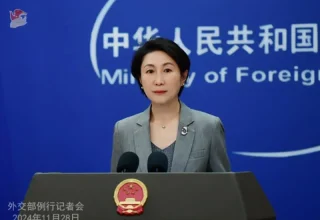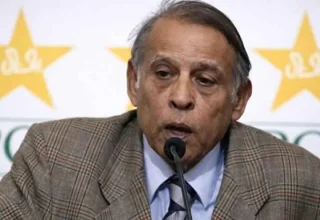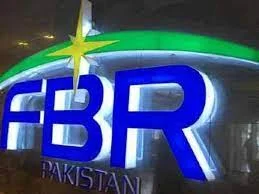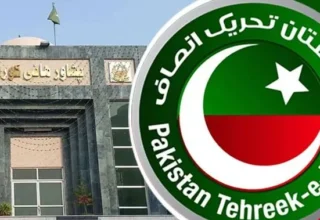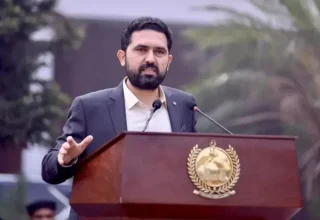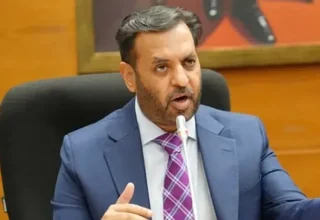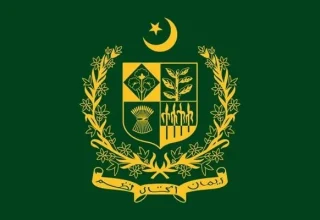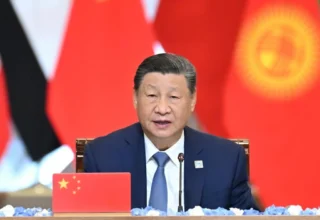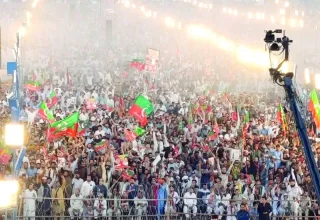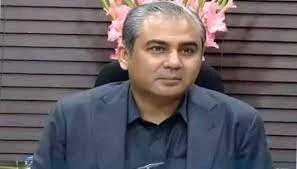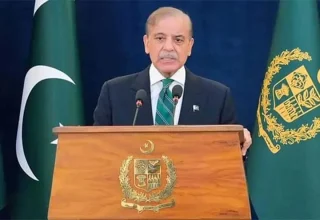
People in different parts of the country on Saturday expressed despair and anger at unprecedentedly high electricity bills with some threatening demonstrations and even a civil disobedience campaign if the extra taxes weren’t deducted.
The severe reaction led caretaker Prime Minister Anwaarul Haq Kakar to call an emergency meeting at the Prime Minister’s House tomorrow (Sunday).
“In the meeting, a briefing will be taken from the ministry of power and distribution companies and consultations will be held regarding giving maximum relief to consumers regarding electricity bills,” the premier said on X (formerly Twitter) today.
On Friday, people from all walks of life took to the streets in Karachi, Gujranwala, Peshawar, Toba Tek Singh and other areas against exorbitant power bills. They blocked roads, set fire to power bills and announced they would challenge the “injustice” by the public utility in the court of law.
Last month, the power regulator raised the national average tariff by around Rs5 per unit, pushing the base unit power tariff from Rs24.82 to Rs29.78. On Aug 22, the government once again sought to raise the power rate by Rs3.55 per unit.
A person deemed the taxes imposed by the government as “sheer cruelty”, adding that he would be old by the time he paid off his entire electricity bill.
“The bills are so high that we are unable to pay the school fees of children,” he said. “If a person is living in a rented house, he has to decide either to pay the rent or the electricity bills.”
Meanwhile, former parliamentarian Nafisa Shah called the electricity bills “backbreaking” and “unacceptable”.
“Why should the people of Pakistan suffer for the poor policies of rulers? Even now the lesson has not been learnt as Pakistan is going for expensive nuclear energy when cheaper options, solar, hydel, wind and local coal, are available,” she said on X.
In Rawalpindi, a large number of people protested at Rawalpindi’s Liaquat Bagh against the high electricity bills. They held banners and placards while chanting slogans against the local electricity provider.
“Our bill has doubled. I don’t have my bill in hand right now but this time our bill was Rs84,000. When I sent my son to get it fixed, they adjusted the bill to Rs54,000. If you are increasing this bill because the IMF asked you to do so, it is still wrong,” one protester said.
“There is no notification from the government and these Wapda and all [electricity suppliers] are increasing it at their own whim,” he added.
Another angry protester said: “Our next move will be a strike throughout the country from Karachi to Peshawar by the traders community.”
He added some protesters told him that if the taxes weren’t taken back, they would move towards Islamabad and start a civil disobedience campaign.
A visibly annoyed resident of the capital city said that he was in no position to say anything and the government’s increase in electricity taxes had rendered him “speechless”.
“Last month my bill was Rs38,000 and after many hardships I paid it. Now it is Rs48,000. We can neither live nor die. The government has snatched all our happiness away from us,” he said.
Meanwhile, a day earlier, the Islamabad Electric Supply Company (Iesco) wrote a letter to the chief police officer seeking police protection for its staff and property fearing adverse reactions from electricity consumers in different localities in the garrison city.
In a letter to the CPO, the superintending engineer (SE) said that consumers were visiting different offices of Iesco in mobs and groups to protest against the increase in electricity bills. The employees of the distribution company feel insecure while performing their duties, he said in the letter. The SE termed the situation alarming which may lead to a law and order situation and protesters may damage property and installations.
A cobbler identifying himself as Hameedullah said his daily earning was Rs600 but he was charged with a bill of Rs16,424. “We have three lights, four bulbs, and one fridge in the house,” he said. Pointing to his inventory, he added: “This is [worth] Rs6,000. I don’t have any more money.”
Fearing the protests, the Peshawar Electric Supply Company (Pesco) has directed its staff to refrain from putting non-essential and “green number plate” vehicles on the roads till the “normalisation of the law and order situation”.
An exasperated rickshaw driver lashed out at the government saying: “First my bill used to be Rs2000-Rs2500 and now it is Rs10,300. Where should we go to clear this?
“I don’t even earn this much. How should I pay for this? My daily wage is Rs1,000-1,200 out of which we pay Rs500 for petrol. Running a stove at home costs between Rs500-Rs600. Where should we go? This inflation has destroyed us. We just have one energy saver at home that runs throughout the day and night.”
Separately, activist Ammar Ali Jan announced on X that a campaign against electricity bills in Lahore would be held tomorrow.
“We need coordinated action across the country to demand relief for salaried class and ending privileges worth $ 17.4 billion annually for the elites. If people fight back, they will win,” he said.
A shopkeeper in Karimabad Market explained that the main problem was that there wasn’t much business these days. He added that there were new bills every day. “Should we pay the bills or buy groceries for home? Our children are also very worried.”
He said he was left with no choice but to protest.





